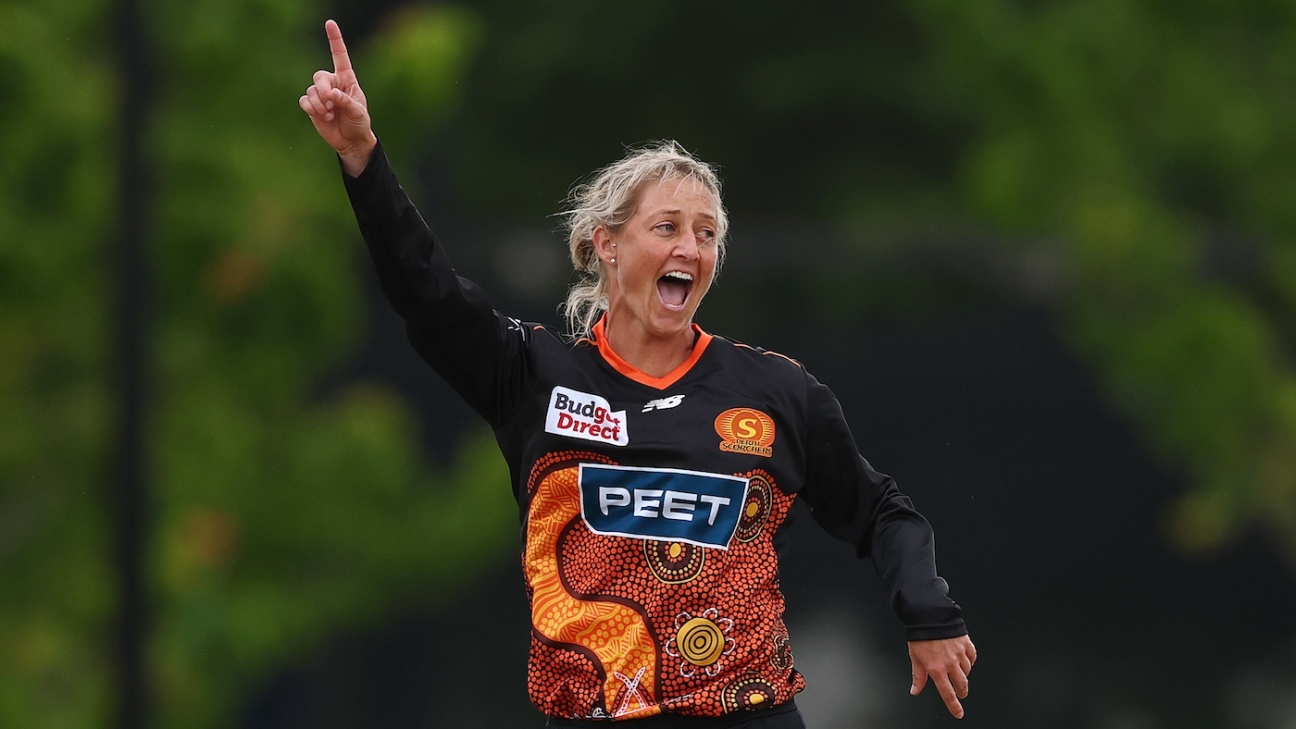
Three highly unusual babies were born in Orland at the end of April: triplet calves named Teeny, Tiny and Moe.
The male beef calves are healthy and fed by their mother after two weeks of additional bottle-feeding for the smallest, Teeny, by owner Richard Lord. Their mother accepted all three as her own, which is also unusual, he said.
The likelihood of triplets being born to a beef cow is around one in 100,000.
“I’ve had people who are 90 years old say it never happened in their lifetimes,” Lord said. “I should’ve bought a lottery ticket.”
When the triplets were born on April 27, Lord arrived home to find one calf outside, the first of the year. He brought it into the barn with its mother, fed the herd their daily serving of broccoli and thought that was it.
A few hours later, though, Lord kept hearing a calf blatting, and found two more lying on the ground when he went to investigate.
“I called somebody to bring me a wheelbarrow and loaded them in there and took them through the barn trying to find the cow,” he said.

After checking all of the other pregnant cows, Lord’s daughter suggested that the calves were triplets. When he put the two other calves with the cow that had given birth to the first one, everyone stood up and nursed.
“We all stood around laughing,” Lord said. “We’d never heard of such a thing.”
Last year, one of his other cows had twins, which is also unusual. He thinks there might be something in the 600 pounds of broccoli he feeds his 20 head each day from a nearby processor.
“God knows what I’ll have next year,” he said.

The father of this year’s unusual crop of calves is a registered Simmental, while the triplets’ mother is a “Someof:” “Some of this, some of that.”
Lord breeds for beef production rather than pedigree, because they all look the same on the plate, he said. His cows are bred naturally.
He has raised animals on the same Orland road for most of his life as the 11th generation of his family to live in the area. His current farm is more than 200 years old, he said, and he grew up next door caring for livestock and more than 35,000 chickens.
“You can’t get it out of your bloodstream,” Lord said. “I get up in the morning and I like what I do.”

In 1976, he purchased his current farm, and he has added buildings and a horse boarding barn over the years. Lord has been there full time since retiring from the United States Merchant Marines in 1996.
He has seen the landscape change, with cleared fields growing into forests and sprawling farms parceled into home lots. There are fewer kids around to help with the haying, and not everyone raises their own food at home anymore.
Maybe that’s just the way it goes, he said, but he feels fortunate to have the unique place that he does.
Lord, 75, keeps busy harvesting wood for his outdoor boiler every day, putting up thousands of bales of hay at his place and a field in Castine, carving walking canes from unusual tree roots, caring for boarded horses and working on his five classic tractors.
Diversifying helps keep up on the property taxes, though he also just enjoys the lifestyle.
“If you can see it, you can do it,” he said.









